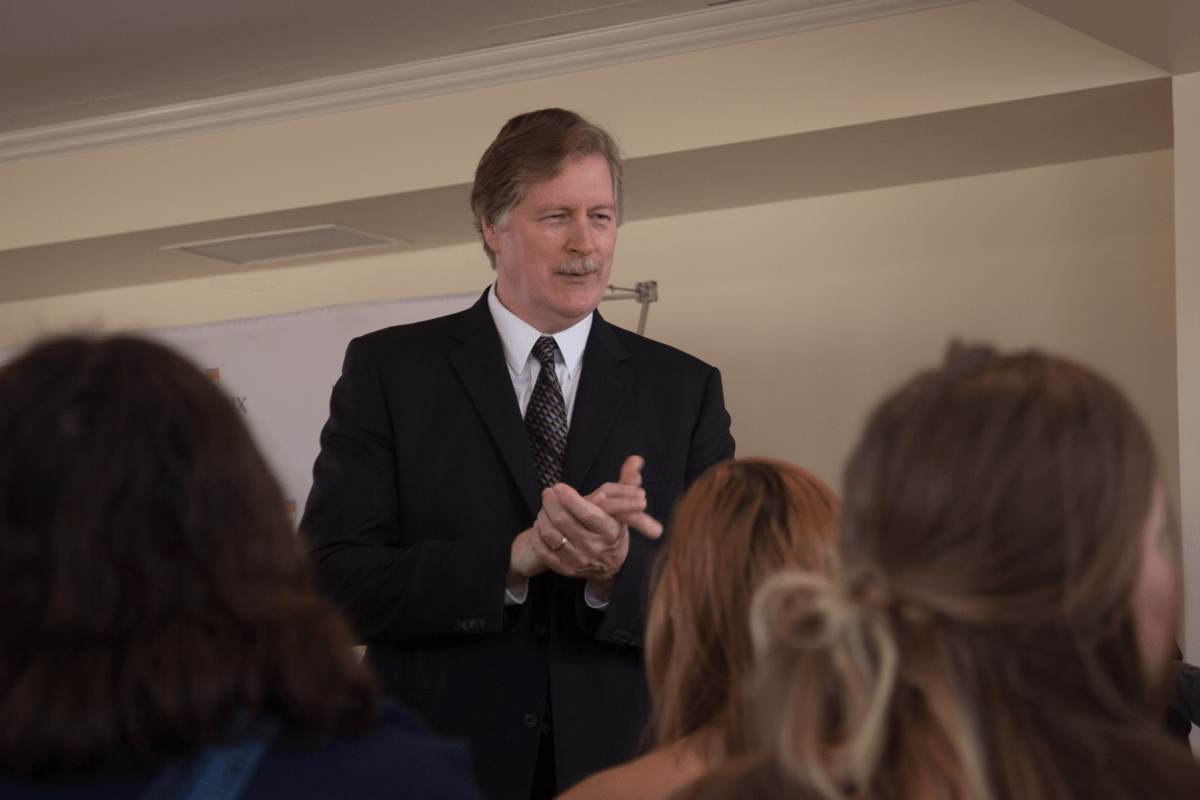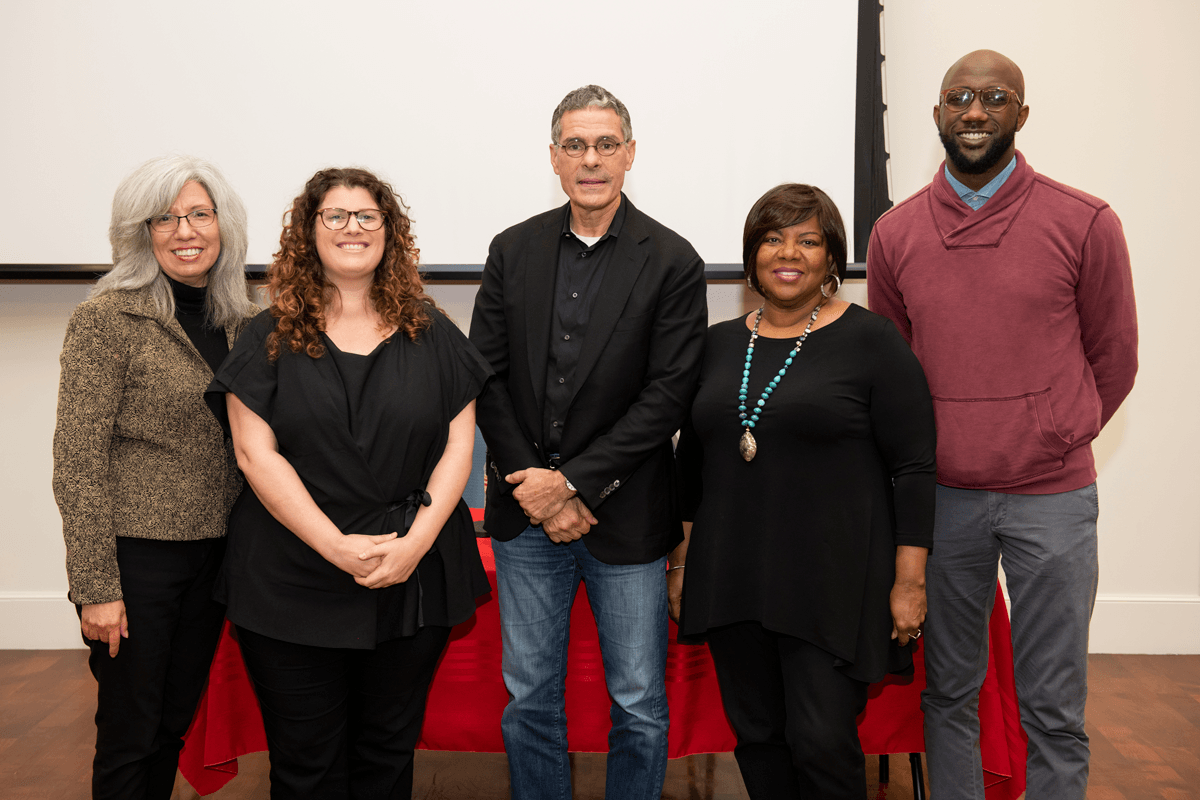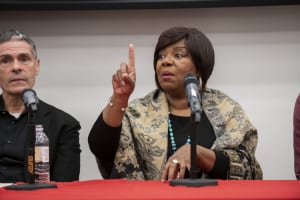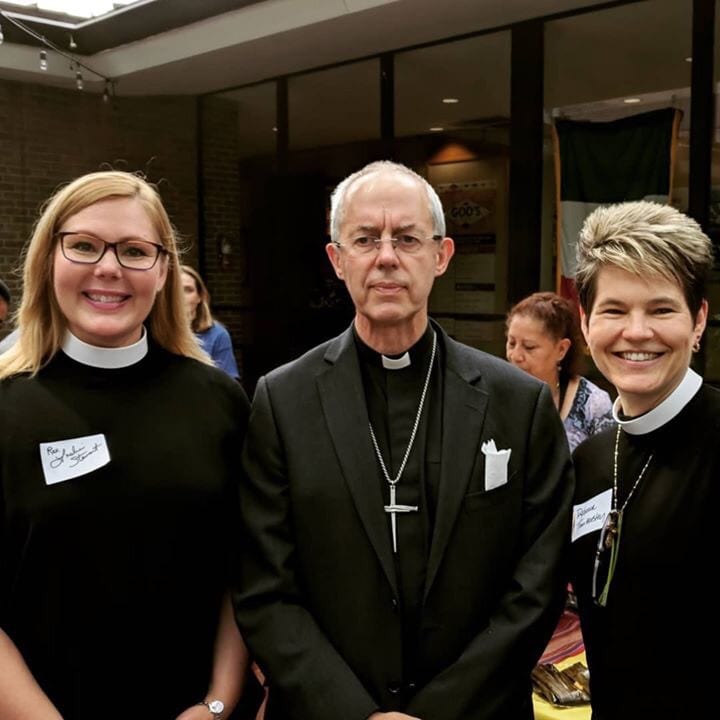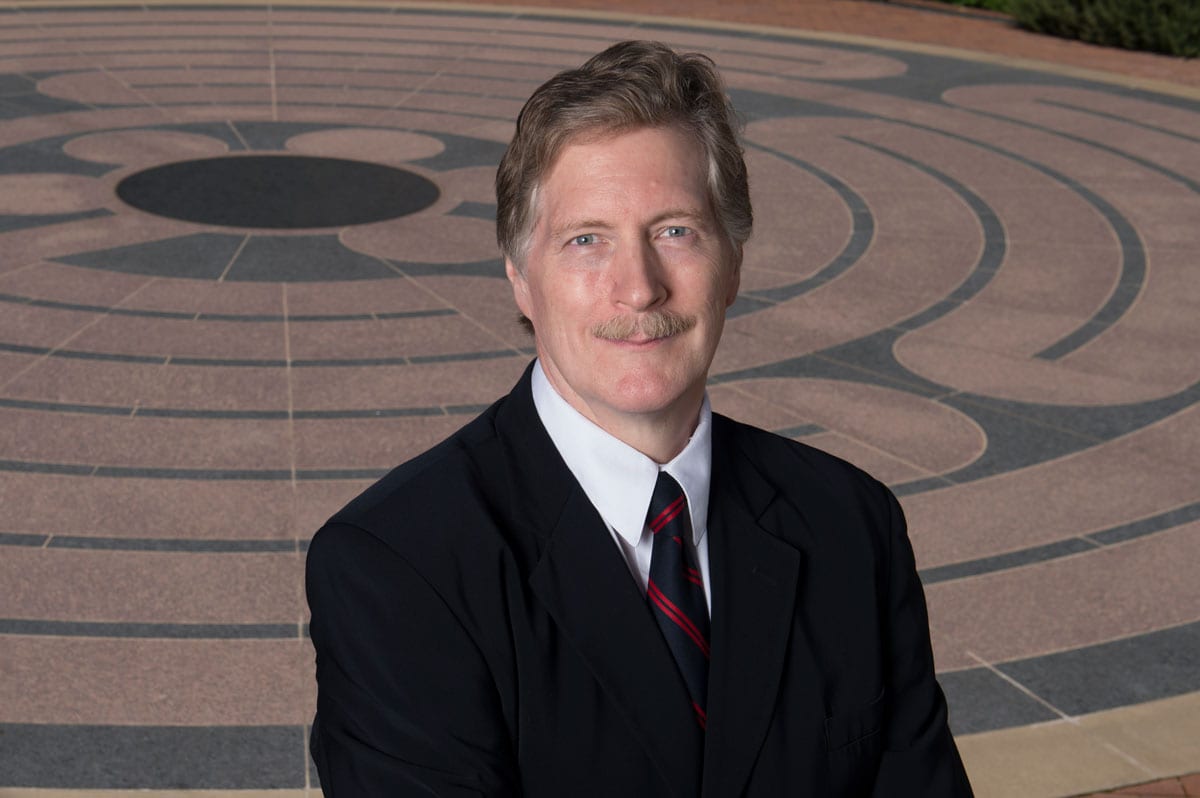Wesley Heritage – United Kingdom Immersion, 2019
Perkins alumni/ae and students are invited to travel to the birthplace of Methodism with the Wesley Heritage-UK Perkins School of Theology Alumni/ae Immersion program (July 10-22, 2019), led by Dr. Ted Campbell and the Rev. Connie Nelson. Participants’ understanding of John Wesley, his contribution to Christianity and his time will be enriched as the group tours sites in Oxford, Epworth, Bristol, and London. View the immersion flier, with detailed information, here. View complete itinerary here.
Women of Color Scholars at AAR-SBL 2018

Two Perkins alumnae were among the 2018 Women of Color Scholars who met before the annual meeting in Denver of the American Academy of Religion, co-hosted with the Society of Biblical Literature: Sun-ah Kang (M.T.S., 2013) and Raquel Feagins (nee Cajiri) (M.Div., 2007). Started in 1988, the Women of Color Scholars program has provided financial, intellectual and personal support to United Methodist women of color pursuing doctorates in religious studies at seminaries and universities across the U.S., with the primary goal of increasing the number of women of color on faculty at United Methodist seminaries. The program is administered by the Office of Loans and Scholarships of the General Board of Higher Education and Ministry (GBHEM.)
Dental Mission

Perkins alum Zak Kaping (M.T.S., 1994) helped coordinate a music/dental mission in July, which brought dentists and volunteers from Dallas to Phungyo Baptist Church, a church in Kaping’s homeland in Ukhrul, Manipur, India. Kaping is pastor of Northwest Terrace Baptist Church, a new church start from Northlake Baptist Church in Dallas. His son, a dental student in Dallas who will graduate in 2019, also pitched in.
This was the first dental mission ever to serve this city; the dental team saw more than 300 patients in five days of work, all of whom were seeing a dentist for the first time. The team presented dental hygiene information, removed some un-restorable teeth and filled many cavities. Providing the dental care were two dentists, Dr. T. Bob Davis of Dallas, recently recipient of the 2018 American Dental Association (ADA) Humanitarian Award, and Dr. Bob Meyer, Executive Director of the Christian Dental Society, along with three senior dental students from Texas A & M College of Dentistry of Dallas: Pan Kaping (Zak’s son and Senior Class President at the school) and two classmates, Leke Olowokere and John Ratliff. Assisting the dental team with sterilization and supplies management were Diane Meyer and Dr. Davis’s son Creth.
Musical performances by Dr. Davis were also part of the program. The mission team overcame many obstacles to deliver a new grand piano to the community. Zak Kaping also restored an old WWII vintage army vehicle for the occasion.
“It was an adventure and a challenging opportunity to encourage a lot of fine international Christians in their own home city,” Davis said.
Santa vs. Advent
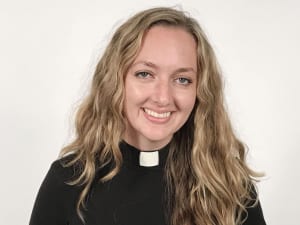
A column by the Rev. LyAnna Johnson (M.Div., 2015) recently appeared in the Worcester Telegram and Gazette in Worcester, Mass. Titled “Keep the Faith: A complicated relationship with Santa,” Johnson’s tongue-in-cheek commentary contrasted Santa Claus as a symbol of consumer Christmas with the Christian understanding of the holiday. “As I started going to church as an adult … I found out about Advent, the season of hopeful anticipation before Christmas,” she wrote. “And that’s when my relationship with Santa went south.” But don’t worry, Santa wins her heart in the end; read her column here. Johnson serves as pastor at Simple Church Worcester, a United Methodist congregation in the New England Annual Conference.
Got news? Share it with us! Send your alumni/ae news here.

